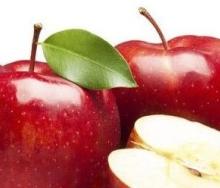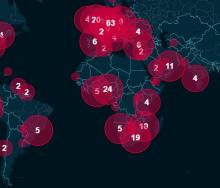As the citrus industry moves ahead on its paperless journey, the Citrus Growers’ Association will involve industry stakeholders in the design of an electronic phytosanitary certification process, Phytclean, in June this year.
The Department of Agriculture Forestry and Fisheries (Daff) and Fruit South Africa (FSA) are joint partners in developing the PhytClean data platform,
CGA Industry Affairs manager Paul Hardman – who is facilitating the move to go “paperless” in the citrus industry – told FTW Online that efforts to rely less on paper and move to an electronic system had begun in earnest in March, and that engagements with stakeholders would allow CGA to put together the final design of the system.
“Some of the key reasons for what we call ‘dematerialising’ the industry are to increase efficiency and reduce the amount of errors – which will lead to cost-saving,” he said.
“Instead of paper following the fruit around we are able to add real value through the ability to reuse data,” added Hardman. “Data can be captured once at the source and then used for various other checks.”
He said that a study conducted by CGA two years ago had shown that the fruit industry could save up to R240 million over five years through the reduction of errors alone by implementing a completely automated export certification system.
The industry is also being forced to move from paper to an electronic system as the international Plant Protection Convention is developing standards for ePhyto certification, with Phytclean being developed to seamlessly interact with international platforms.
“In the near future, the need for paper certificates and other documents for exports to certain participating countries will be outdated,” said CGA CEO Justin Chadwick. “This will speed up delivery times, do away with human error and streamline processes for releasing fruit.”
Hardman said he expected the design of the electronic phytosanitary certification process to be completed by the end of this year, and added that it would take at least two years to implement the system fully.
Once it had been piloted and proven by the citrus industry it would be rolled out to other agricultural exports, he said.













